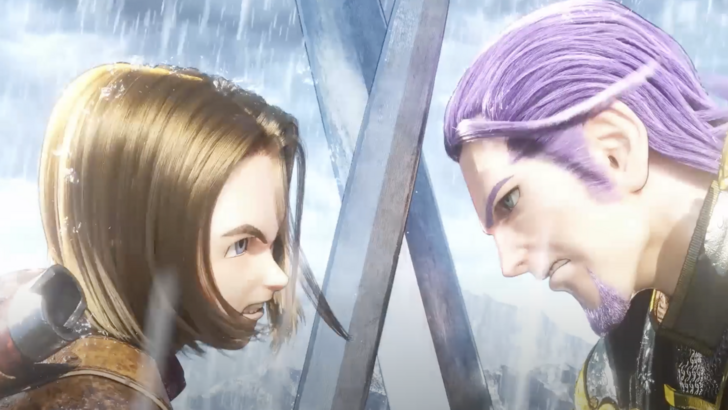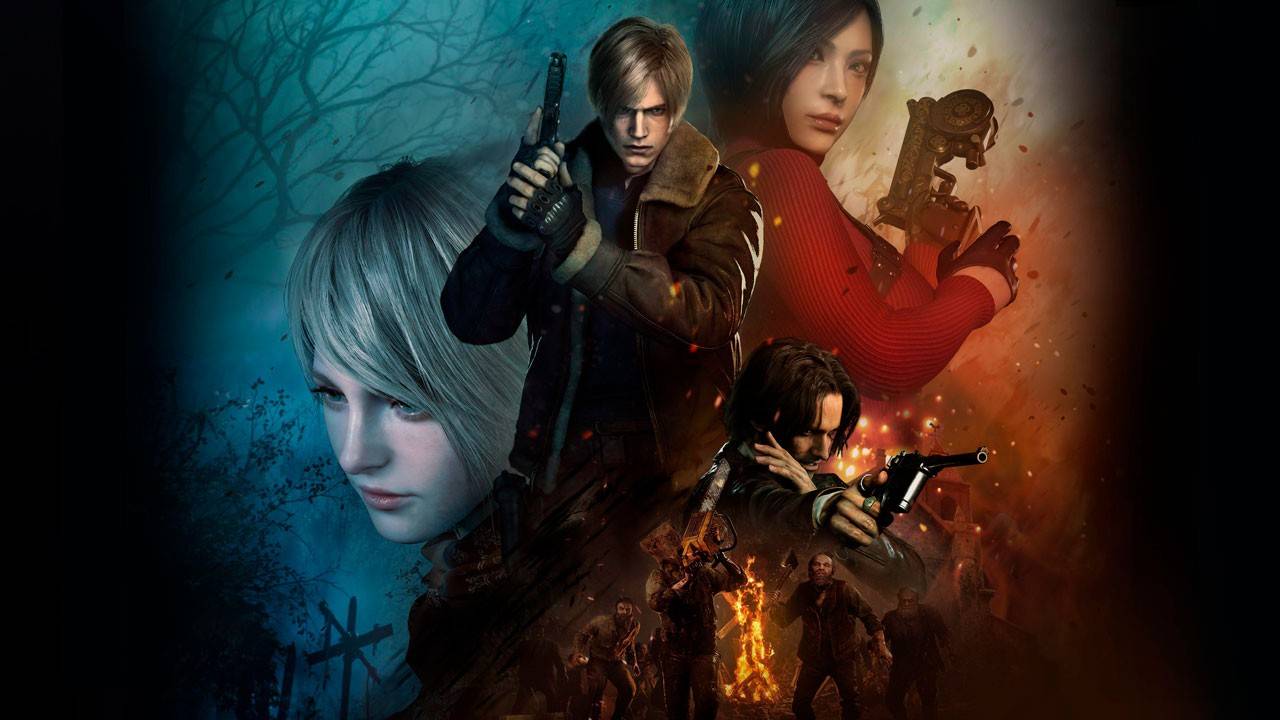
Yasuhiro Anpo, the director behind the acclaimed remakes of Resident Evil 2 and Resident Evil 4, shared insights into the decision-making process that led to the revival of the 1998 classic. Anpo noted, "We realized: people really want this to happen." This realization spurred producer Hirabayashi to decisively state, "Alright, we'll do it."
Initially, the team contemplated beginning with Resident Evil 4. However, after thorough discussions, they recognized that this game, lauded since its 2005 release, was still viewed as nearly perfect. Altering such a beloved title posed significant risks. Consequently, the focus shifted to the earlier Resident Evil 2, which was in dire need of modernization. To align their efforts with fan expectations, the developers even delved into fan projects for inspiration.
Despite Capcom's confidence, doubts lingered among fans, particularly after the remakes of Resident Evil 2 and 3, and the subsequent announcement of Resident Evil 4's remake. Many argued that Resident Evil 4, unlike its predecessors from the 1990s, did not require as much of an update. The original Resident Evil 2 and 3, with their fixed camera angles and cumbersome controls, were visibly outdated. In contrast, Resident Evil 4 had already revolutionized the survival horror genre upon its release.
Despite these concerns, the Resident Evil 4 remake successfully captured the essence of the original while enhancing both gameplay and narrative elements. The overwhelming commercial success and glowing critical reviews validated Capcom's approach, demonstrating that even a game considered nearly flawless could be respectfully and creatively reimagined.
 Home
Home  Navigation
Navigation






 Latest Articles
Latest Articles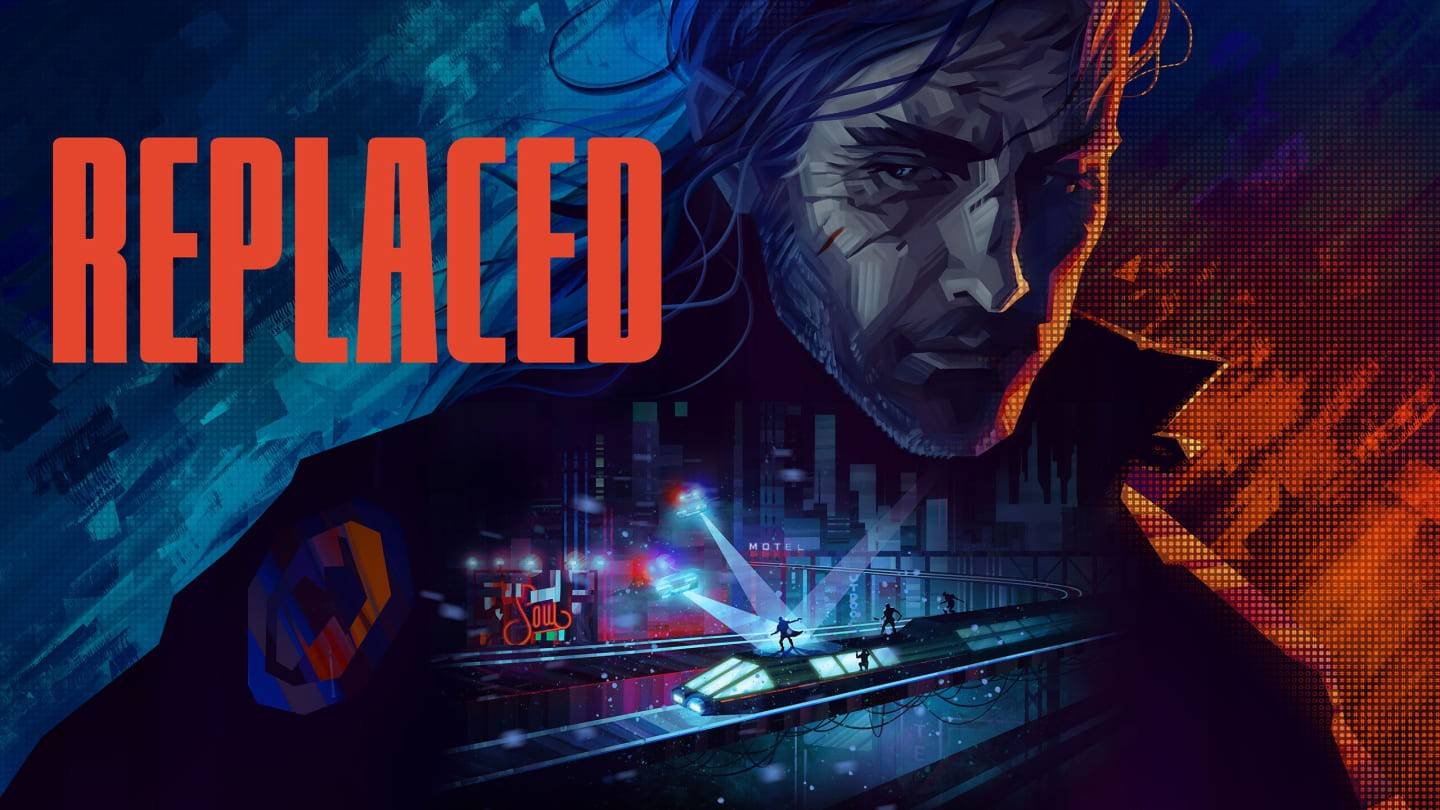
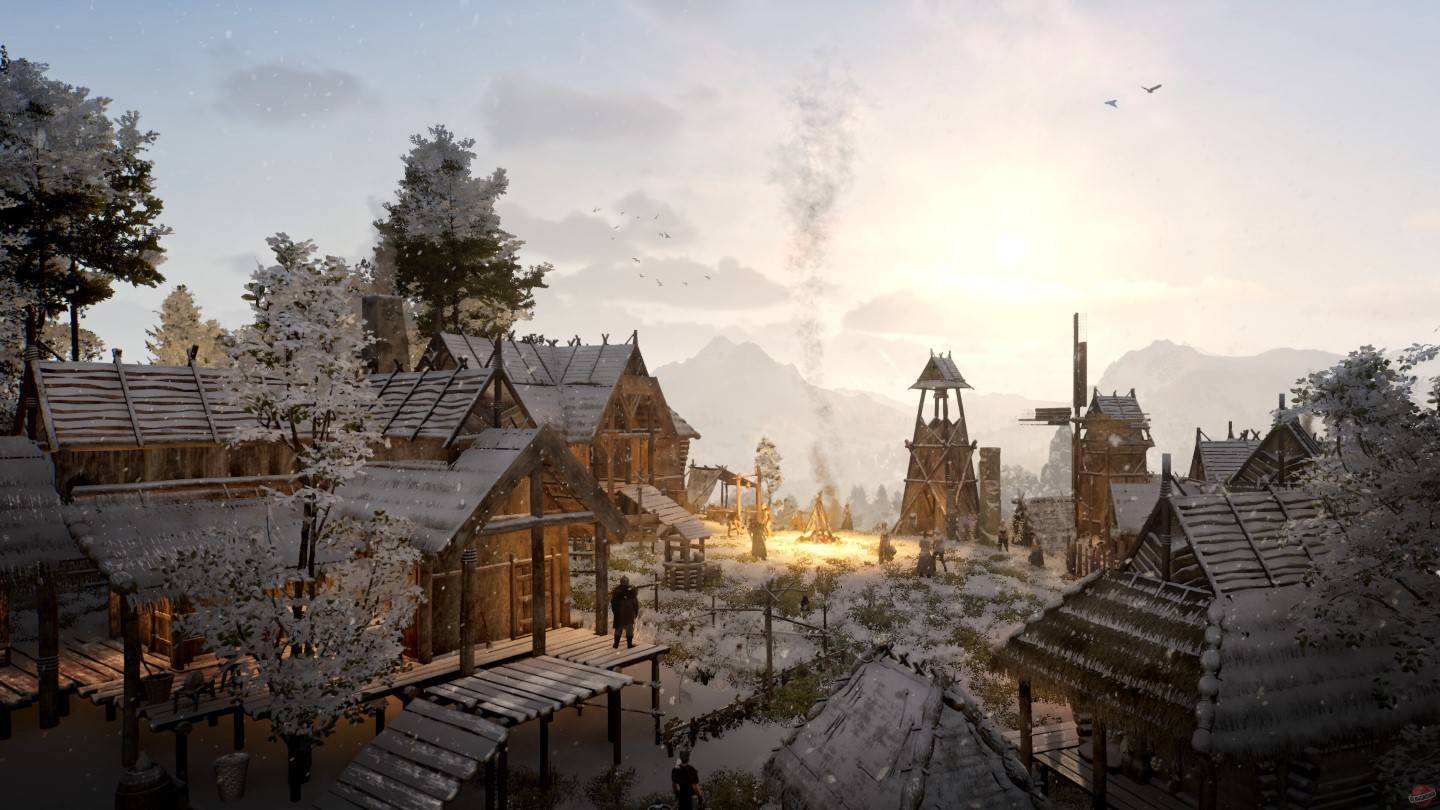
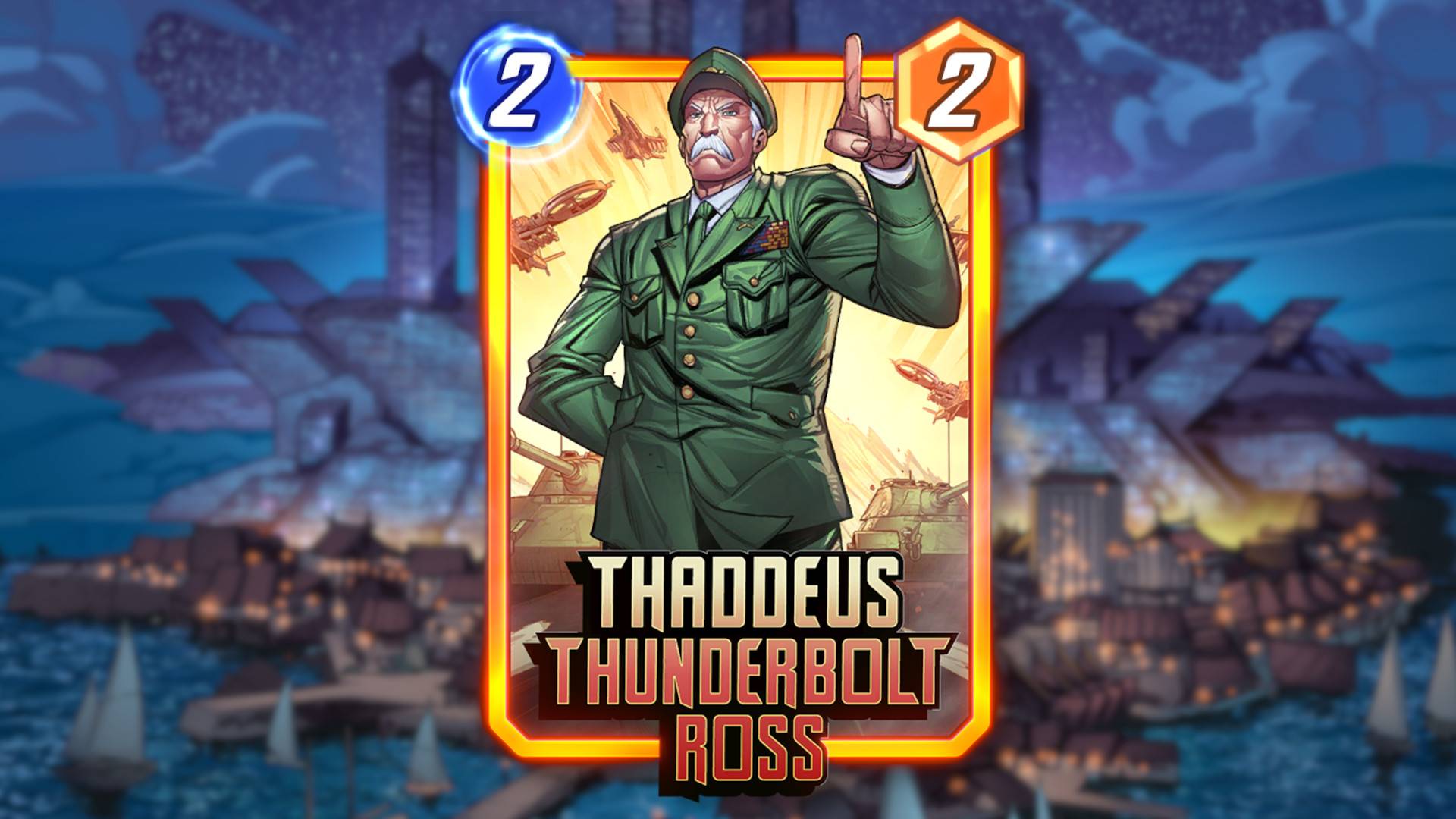







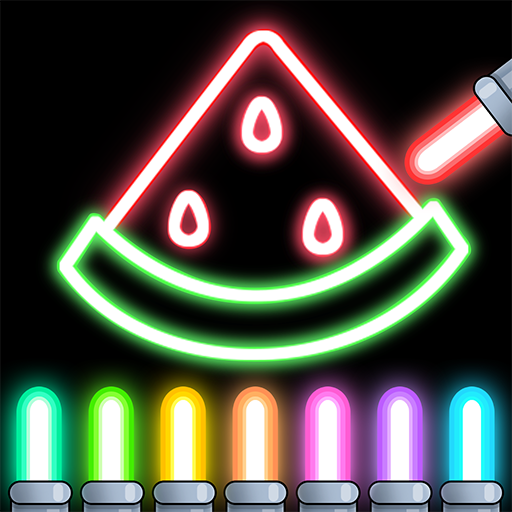
 Latest Games
Latest Games










